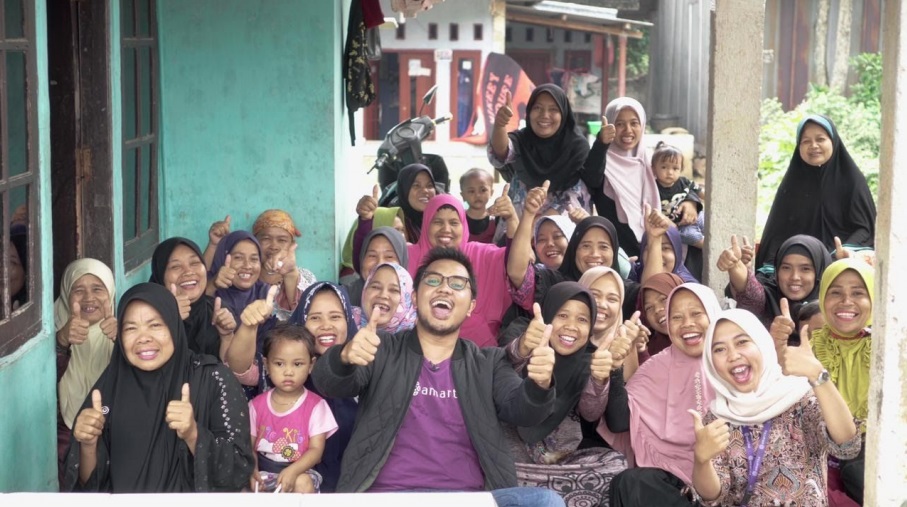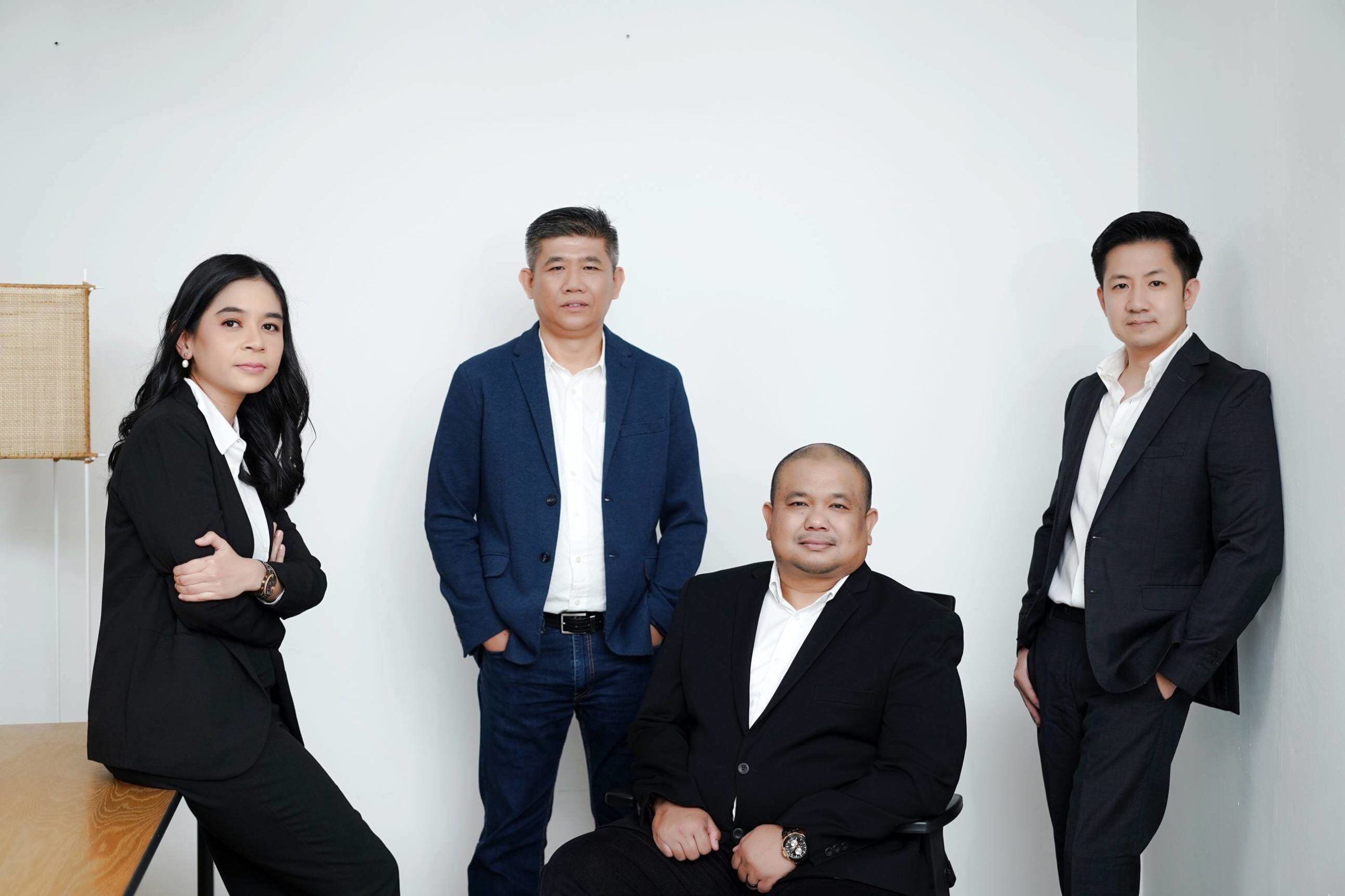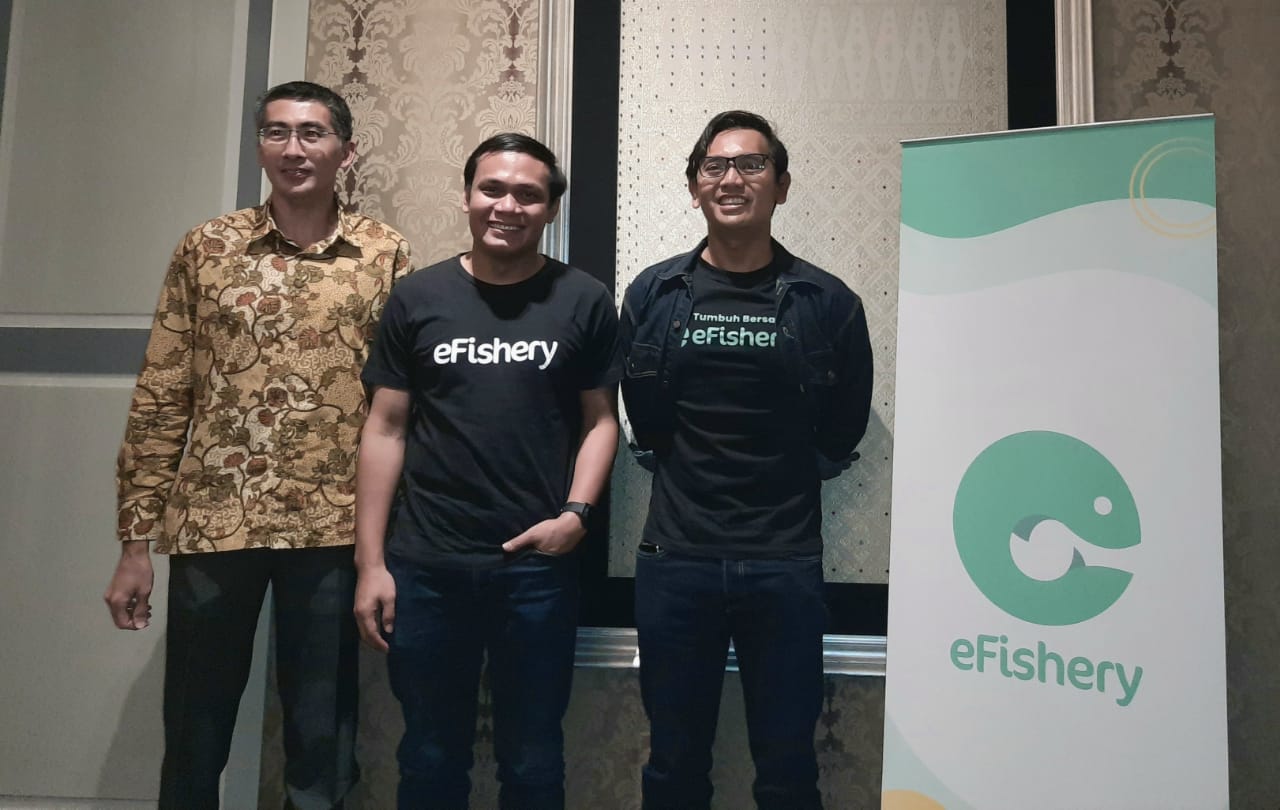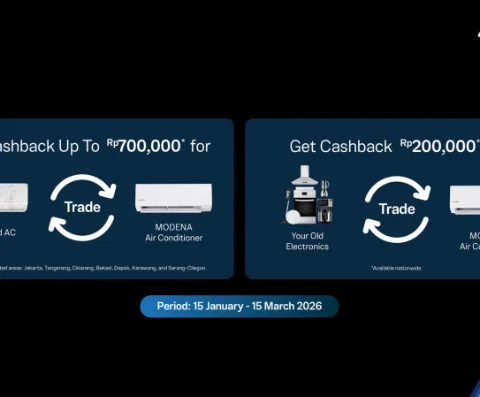The p2p lending startup Amartha today (24/2) announced the debt funding of $50 million or the equivalent of 704.4 billion Rupiah (exchange rate USD to IDR per 14.00 WIB) from Lendable. It is to focus on providing capital and financial access to small entrepreneurs empowered by women in Indonesia, in conjunction with the “2X Challenge” initiative.
Through this collaboration, Amartha is also the first company in Indonesia to receive 2X Challenge funds. Particularly in the Asia Pacific, this funding initiative for women micro-merchants has disbursed up to $747 million.
Amartha does have further concern for women entrepreneurs. As Andi Taufan Garuda Putra said as Founder & CEO, women are the drivers of the micro economy which plays an important role in the recovery of the national economy.
The women micro-entrepreneurs segment with limited access to banking and financial institutions in Indonesia is estimated to reach more than 22 million people. By providing access to capital and entrepreneurship education for women, Amartha noticed that Mitra Amartha can increase income 2 to 7 times in one year.
“We are grateful for Lendable’s trust in realizing the 2X Challenge in Indonesia, therefore, women can increase their role in the Indonesian economy, especially in the context of post-pandemic recovery,” Taufan said.
The combination of retail and institutions
In a separate interview, Taufan said that they currently had channeled funds of up to 3.22 trillion to 616 thousand partners in Java, Sulawesi, and Sumatra. The combination of retail (community) funding and institutions also encourage the performance and penetration of Amartha’s services.
“On a year-on-year basis, the comparison is 55 percent for institutions and 45 percent for retail. For retail lenders, 68% is dominated by the millennial generation, followed by 19% by generation X, 10% by generation Z, and 3% by baby boomers. Based on the amount of funding value, 44% is dominated by generation X, then 40% by the millennial generation, 10% by baby boomers, and 3% by generation Z,” Taufan explained.
Regarding institutional partners, Amartha has also collaborated with banks and financial institutions to distribute funding with channeling schemes including Bank BRI, Bank Mandiri, Bank Jatim, Bank Permata, Bank Ganesha, Indosurya, and so on.
Targeting female micro-entrepreneurs certainly provides a higher level of risk (return). It becomes interesting to know Amartha’s strategy in increasing the percentage of TKB90 on the platform.
“Amartha has tightened monitoring of portfolios, operations, risks, and audits. This aims to screen the best quality Partners while maintaining the quality of ongoing loans. In addition, Amartha has updated the credit scoring system and combines the ability and willingness assessments, and a history of payment returns before the Covid-19 pandemic,” Taufan added.
Amartha also provides direct business assistance by the field team, including providing training on business alternatives for partners whose businesses have been affected by the pandemic, therefore, they can start new businesses or expand their businesses. It is said that these efforts are able to make the business climate in Amartha’s partner ecosystem return to the way before.
Debt funding in Indonesia
Previously last year Lendable also joined as an institutional lender for KoinWorks, channeling $10 million in funds. Apart from Lendable, there are several other institutions that also provide similar funds for fintech lending in Indonesia, such as Accial Capital for Pintek, Cash Cloud, and Investree. In addition, there are GMO Payment Gateway (Investree), Partners for Growth (Kredivo), etc.
In fact, there are two schemes widely applied to channel funds from institutions, loan channeling and venture debt. The first scheme is intended for institutions such as banks to channel their credit funds to MSMEs through fintech lending. Many local banks have started announcing entrance into the fintech ecosystem through this partnership. The latest is BCA which distributes funds through iGrow.
Meanwhile, venture debt/debt funding is actually more strategic in nature, such as to finance operations and growth – generally entered along with equity funding from venture investors. However, some have also used the funds to be distributed.
Apart from those already mentioned, other fintechs that have received debt funding are Alami, Digiasia, Kredivo, Modalku, UangTeman, Akseleran, and People’s Capital.
–
Original article is in Indonesian, translated by Kristin Siagian













